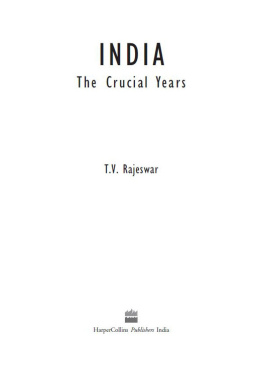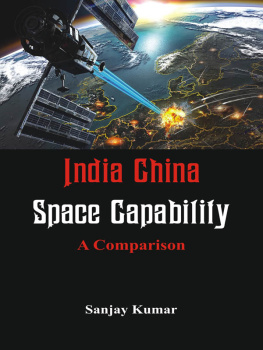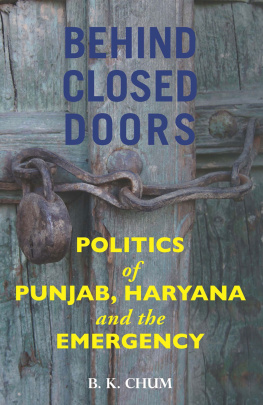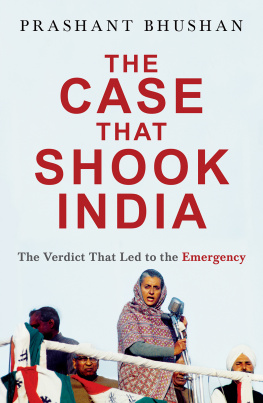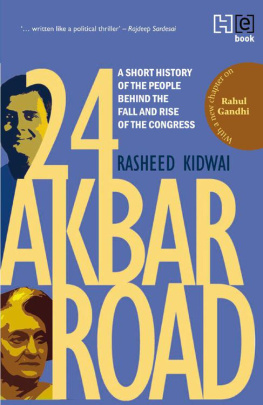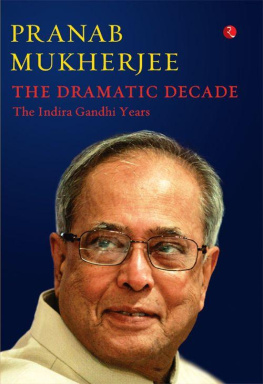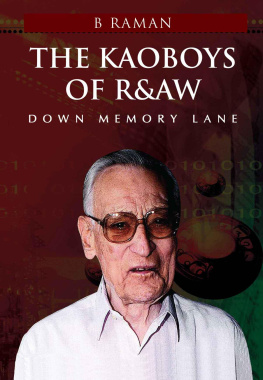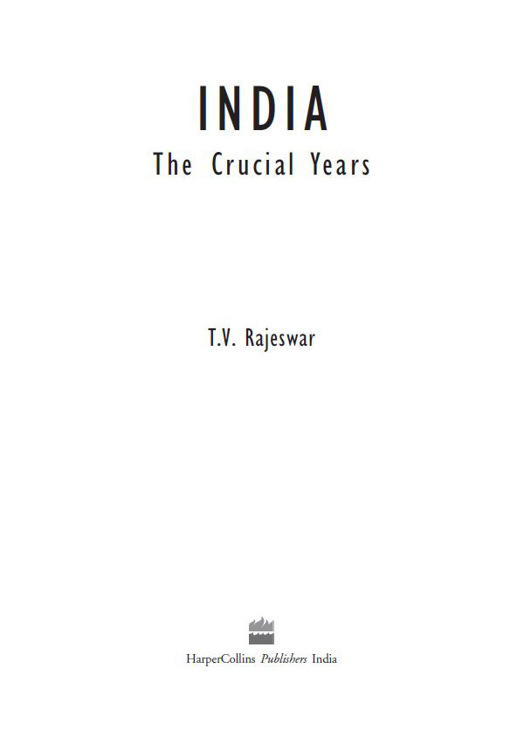This is the story of my life and career, starting with my first posting as assistant superintendent of police in 1950 at Siddipet, a barren village with no electricity or water supply, in the Telangana region. One had to take a bus to Hyderabad, which was about 100 km away, to buy anything, food included. A movement against the landlords of what was then Hyderabad state was raging all over, to be called off only in 1952 on the instructions of Joseph Stalin himself, the communist leader of the Soviet Union.
I served in Siddipet in these difficult times, and then in Gulbarga for a brief period, before I was promoted and posted as the superintendent of police (SP) of Raichur district in 1955. I had just finished a little more than a year in Raichur when Hyderabad state was trifurcated as per the recommendations of the States Reorganization Commission. I was allotted to the newly created state of Andhra Pradesh.
I drove overnight from Raichur to Hyderabad city to take over as deputy commissioner of police (DCP law and order). Jawaharlal Nehru, Indias first prime minister, came to inaugurate the new state on 1 September 1956. He addressed a huge gathering at Fateh Maidan in Hyderabad, where I was in charge of the arrangements.
P.K. Monnappa was the inspector general of police (IGP) of Andhra Pradesh at the time. He felt that senior Indian Police Service (IPS) officers of Hyderabad city needed to be trained by posting them in the states districts. I was sent to Guntur, a huge district where I served for two years before being drafted back to Hyderabad city as DCP in 1959.
In 1962, I was spotted by the director of the Intelligence Bureau (DIB), Bhola Nath Mullik, while he was on a visit of the state. I joined the IB in April that year. I spent the next twenty- one years in various postings, ranging from Indo-Tibetan border check posts to VIP security at the IB headquarters. My inclusion in Prime Minister Indira Gandhis entourage to Kabul in 1969 was one such assignment. Prior to that, I spent two years from 1965 to 1967 in Bhutan as security adviser to the king. This was followed by a prolonged study tour in Naxalbari, the epicentre of the Naxalite movement against landlords, in West Bengal in 1967.
After my return to the IB headquarters in 1968, I was at various desks, dealing with numerous political developments in the country. In 1971, I was deputed as security adviser to Bangladesh president Mujibur Rahman on his request. I trained a few batches of officers and observed the security drill governing his activities. In 1972, my detailed manual on security was presented to him. The first suggestion was that he should move out of his own home in the Dhanmondi area of the national capital, Dhaka, and move into the state guesthouse, which had sufficient arrangements for various rings of security. Rahman, however, rejected the scheme, stating that there could be no danger to his life from the people of Bangladesh. Ironically, he and his family were assassinated in their home a few weeks later.
Back in India, social and political reformer Jayaprakash Narayans agitation against the central government was gaining ground and was aimed at removing the dominance of Indira Gandhi and her family from the political scheme of things. Seizing the opportunity, labour leader George Fernandes, president of the All India Railwaymens Federation at the time, called for a nationwide strike, which seriously affected the movement of foodgrains in the country. And then there was the judgment of the Allahabad High Court which set aside Indira Gandhis election to the Lok Sabha in 1971 on technical grounds.
All these factors contributed to her decision to impose a national Emergency after suspending the Constitution in the early hours of 25 June 1975. Her decision, however, was not made in consultation with the IB or the home ministry. The lists of people from the opposition parties who were arrested overnight and in the days following the imposition of Emergency were drawn up at the prime ministers residence and none in the IB was consulted.
In the course of the Emergency, though, the IB did send weekly, monthly and quarterly reports to the prime minister on the state of affairs in the country. Morarji Desai, leader of the Indian National Congress (Organization) who would go on to become prime minister following the elections of 1977, was kept prisoner in a farmhouse on the outskirts of Delhi. He was regularly checked up by a medical officer, who sent reports to the IB on his health.
One year after the imposition of Emergency, the IB conducted a state-wise survey of the state of affairs and recommended the release of all political prisoners. It was suggested to Mrs Gandhi that it would be advisable to hold elections some time in October 1976. The elections were held in 1977, and Mrs Gandhis defeat from her pocket borough of Rae Bareli in Uttar Pradesh was announced on the night of 23 March.
Her defeat had an impact on the IB. While DIB S.N. Mathur was allowed to continue under the new regime, I, the senior- most joint director, who had dealt with the elections, was singled out and compelled to go on an indefinite leave from 5 July that year. A committee headed by then Home Secretary N.P. Singh and comprising senior joint director of the IB, M.M.L. Hooja, was formed to look into the alleged misuse of the IB and its funds in support of the Congress during the Emergency. When no evidence was found to support the allegations, I was recalled from leave and the post of director, civil aviation security, was created for me. Subsequently, Chief Minister Chenna Reddy of Andhra Pradesh wanted my services to be reverted to his state since he wanted to appoint me as special commissioner of Andhra Pradesh at Delhi a post in which I served for two years. This gave me an opportunity to closely follow the events in Delhi and elsewhere in the country.
As the only Congress CM in India at the time, Reddy was in constant touch with Indira Gandhi, who lived in one of the bungalows allotted to her on Willingdon Crescent, now renamed Mother Teresa Crescent, in central Delhi close to Rashtrapati Bhavan. Mrs Gandhis close confidant R.K. Dhawan continued to work as her personal assistant in those years, and I spoke to him about political developments from time to time.
Towards the end of 1979, it was clear that Mrs Gandhis return to the office of prime minister was imminent. After she emerged victorious in the elections that year, there was a shake-up in the countrys administrative and intelligence set- ups. Mathur was reverted to Haryana as senior joint director while I was appointed as the DIB.
I took charge in February that year and remained in the post for three years. In 1983, I was posted as the lieutenant governor of Arunachal Pradesh the first time an IPS officer was appointed to such a constitutional post. After two years, I was posted as the governor of Sikkim, again the first time an IPS officer was appointed as the governor of a state. After four years, I was made the governor of West Bengal. I remained in the post for one year. After V.P. Singh became prime minister in December 1989, all the governors appointed by the Rajiv Gandhi government were asked to quit. I sent my resignation accordingly and returned to Delhi. In 2004, I was appointed as the governor of Uttar Pradesh by the Congress-led United Progressive Alliance (UPA) government and remained in the post till May 2009. Thereafter, I returned to Delhi.
This memoir is largely based on my work as the DIB. In the process, I hope it provides some insights into Indias crucial years the important decade of the 1970s under Mrs Gandhi.

